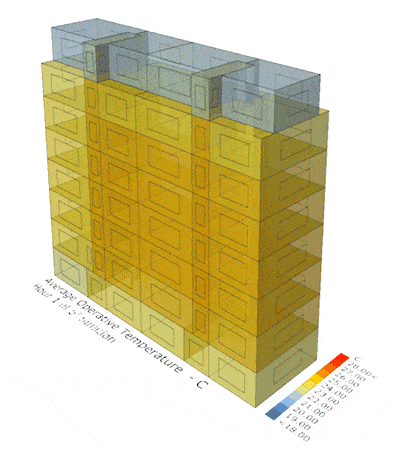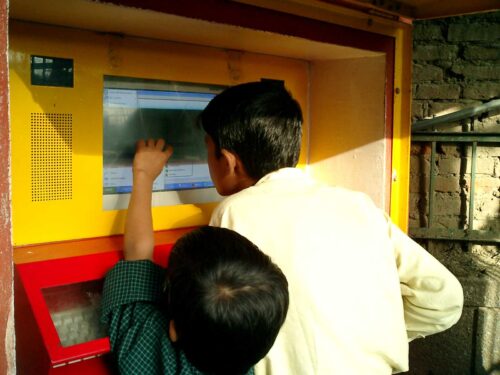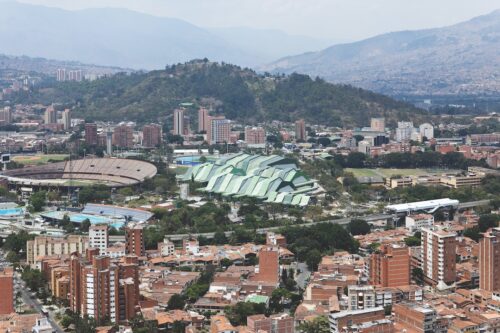Self-paced courses where qualified experts present their unique perspectives on a topic.
-
Artificial intelligence is going to mark a before and after for the profession of architecture due to the potential it has to amplify the characteristics and skills of designers. In this series, Architect Juan Bordallo, founder of Architechtures, will explain how AI will catapult the discipline of architecture into a new realm.
-
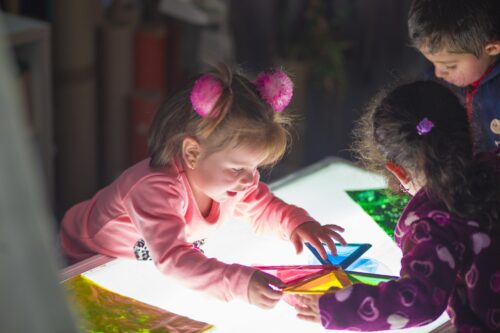 Maria Adelaide makes a clear point, backed with data, as to why we must be interested and invested in early childhood education. According to the Heckman study, it is essential that before the age of 5, children make the brain connections necessary for the succesful development, well-being and happiness for the rest of their lives. "How much do you think of what's going on in your life today relates to your early childhood experience?"
Maria Adelaide makes a clear point, backed with data, as to why we must be interested and invested in early childhood education. According to the Heckman study, it is essential that before the age of 5, children make the brain connections necessary for the succesful development, well-being and happiness for the rest of their lives. "How much do you think of what's going on in your life today relates to your early childhood experience?" -
 Hildegard Vásquez focuses on gender, specifically on women (mostly mothers) in conditions of poverty and surrounded by the dangerous consequences of gentrification. Academics will appreciate the enriching impact that architects can have when we invest our passion not only in creating great designs, but also in caring for vulnerable families displaced by development.
Hildegard Vásquez focuses on gender, specifically on women (mostly mothers) in conditions of poverty and surrounded by the dangerous consequences of gentrification. Academics will appreciate the enriching impact that architects can have when we invest our passion not only in creating great designs, but also in caring for vulnerable families displaced by development. -
 Prefabricated construction has existed for quite some time, however recent changes in technology have brought the industry to a new level. A highly sophisticated and systemized architecture is emerging that is democratizing the accessibility to high-end housing typologies while also optimizing the complex process of high-end construction.
Prefabricated construction has existed for quite some time, however recent changes in technology have brought the industry to a new level. A highly sophisticated and systemized architecture is emerging that is democratizing the accessibility to high-end housing typologies while also optimizing the complex process of high-end construction. -
 Elisa Silva focuses on the growing economic disparity and the barriers faced by urbanity and humanity, with a special focus on "barrios" or informal settlements. Academics will learn about the reality of nearly one billion people in this world who suffer from deeply rooted inequalities and injustices.
Elisa Silva focuses on the growing economic disparity and the barriers faced by urbanity and humanity, with a special focus on "barrios" or informal settlements. Academics will learn about the reality of nearly one billion people in this world who suffer from deeply rooted inequalities and injustices. -
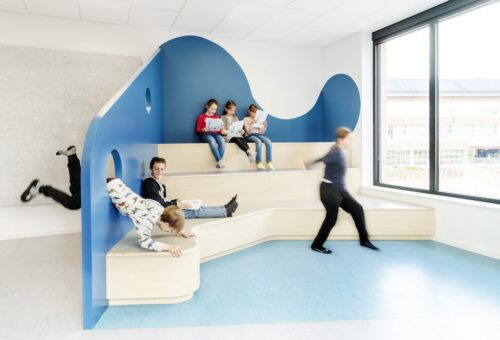 Play and learning are completely interconnected. According to Rosan the design of learning spaces need to be ideal spaces for play. Rosan talks about the importance of building a wikipedia of experiences, and scenes at the very beginning of one's life's journey. The preconcieved notion that learning should be about discipline needs to shift in order for play and access to nature to begin to predominate in the creation of these spaces. Rosan begin to answer the question of : What is the ideal learning environment for early education?
Play and learning are completely interconnected. According to Rosan the design of learning spaces need to be ideal spaces for play. Rosan talks about the importance of building a wikipedia of experiences, and scenes at the very beginning of one's life's journey. The preconcieved notion that learning should be about discipline needs to shift in order for play and access to nature to begin to predominate in the creation of these spaces. Rosan begin to answer the question of : What is the ideal learning environment for early education? -
 Ghigo will focuses on the importance and potential of ''mobility'' and ''public spaces'' to create a city that fosters social inclusion. His approach lies in the belief that urban form matters, because spatial patterns influence social patterns. Ghigo will present his sincere belief that the way we design our common spaces and mobility pathways has a fundamental impact on our ability to promote equality, equity and indeed inclusion.
Ghigo will focuses on the importance and potential of ''mobility'' and ''public spaces'' to create a city that fosters social inclusion. His approach lies in the belief that urban form matters, because spatial patterns influence social patterns. Ghigo will present his sincere belief that the way we design our common spaces and mobility pathways has a fundamental impact on our ability to promote equality, equity and indeed inclusion.


